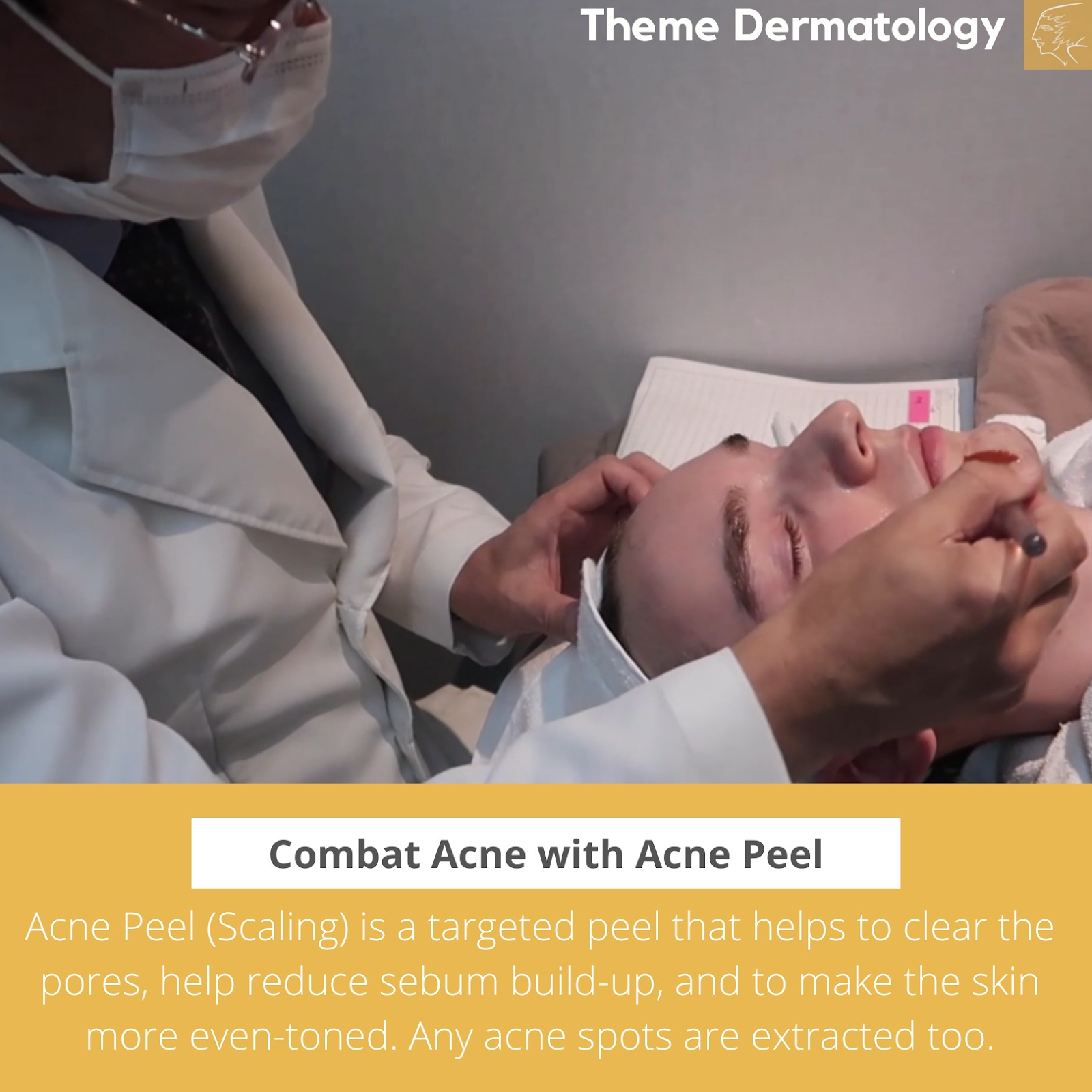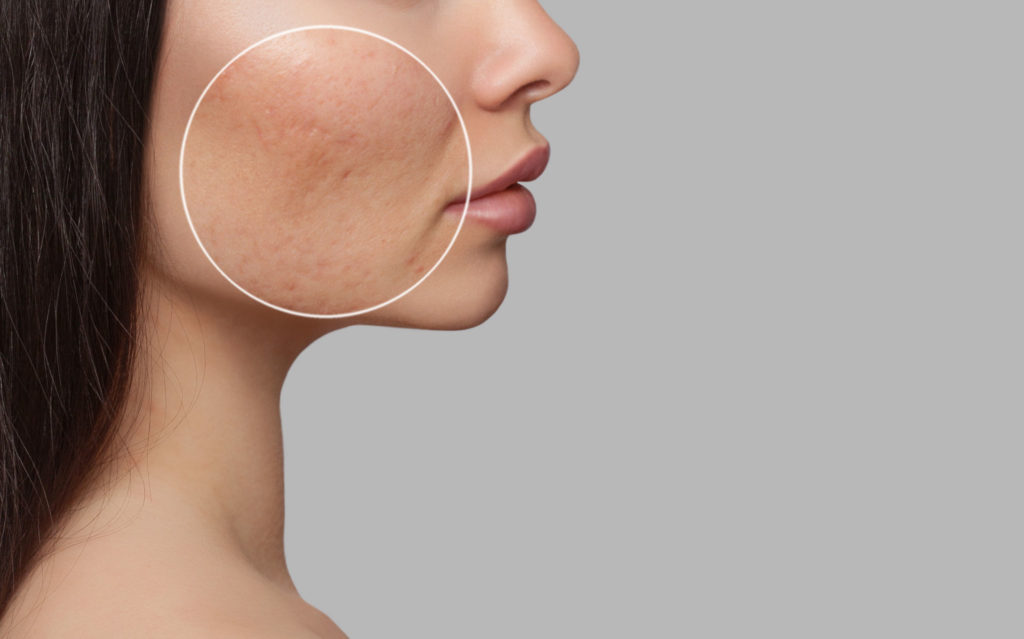There could be a number of reasons why you are getting breakouts. It could be due to hormonal changes, stress, poor diet, or even certain medications. Acne is caused by a build-up of sebum (oil) and dead skin cells in the pores of your skin. This can lead to inflammation and the formation of pimples, blackheads, and whiteheads.
How is acne caused by the environment (humid weather etc.)?

The environment plays a big role in the development of acne. Breakouts are more common in humid weather because the moisture in the air can clog pores and lead to breakouts. The same goes for sweating, which can also lead to breakouts. If you live in an area with high pollution levels, that can also contribute to breakouts.
How is acne caused by diet (oily food, refined sugar etc.)?
Diet plays a big role in the development of acne. Eating foods that are high in refined sugar and saturated fat can trigger breakouts. These foods cause a spike in insulin levels, which can lead to an increase in sebum production. This, in turn, can clog pores and lead to breakouts.
How is acne caused by stress?

Stress is one of the main triggers for breakouts. When you’re stressed, your body produces cortisol, which can stimulate the production of sebum. This can lead to breakouts. In addition, stress can also weaken the skin’s barrier function, making it more susceptible to breakouts.
How is acne caused by hormones?
Hormones play a big role in the development of acne. Androgens, such as testosterone, are the main hormones that contribute to breakouts. When these hormones increase, they can stimulate the production of sebum, which can lead to breakouts.
Taking Care of your breakout
Breakouts can be frustrating, but there are things you can do to help prevent them. Here are some tips:
– Keep your skin clean. Wash your face twice a day with a mild cleanser and warm water. Avoid scrubbing too hard as this can irritate your skin.
– Remove makeup before going to bed. Make sure you cleanse your skin thoroughly to remove all traces of makeup.
– Avoid touching your face with your hands or picking at pimples. This can cause inflammation and even lead to scarring.

– Eat a healthy diet. Eating lots of fresh fruits and vegetables can help to keep your skin healthy. Avoid sugary and greasy foods as these can aggravate breakouts.
– Manage stress. Stress can trigger breakouts, so it’s important to find ways to relax and manage stress effectively. Exercise, yoga, and meditation can all help to reduce stress levels.
If you are concerned about your breakouts, talk to a dermatologist. They can prescribe medication to help clear up your skin.
Procedures for Acne Removal
Acne Peel

An acne peel is a type of chemical peel that is used to treat breakouts. The peel contains a mild acid, such as glycolic acid or salicylic acid, which helps to break down the build-up of sebum and dead skin cells in the pores. This can help to reduce inflammation and the formation of pimples.
Kobayashi RF

The Kobayashi RF treatment is a type of radiofrequency treatment that helps to break down the build-up of sebum and dead skin cells in the pores. This can help to reduce inflammation and the formation of pimples. The treatment can also help to tighten the skin, giving it a more youthful appearance.
Vbeam Laser

The Vbeam Laser is a type of laser that helps to break down the build-up of sebum and dead skin cells in the pores. This can help to reduce inflammation and the formation of pimples. The treatment can also help to tighten the skin, giving it a more youthful appearance.
Other acne treatments
If you’re dealing with breakouts, there are a number of treatments that can help. Talk to a dermatologist about the best option for you.
In Conclusion
There are many reasons why you might be getting breakouts. Hormonal changes, stress, diet, and even the environment can all play a role. But there are things you can do to help prevent breakouts. Keep your skin clean, eat a healthy diet, and manage stress effectively. If you are concerned about your breakouts, talk to a dermatologist. They can prescribe medication to help clear up your skin. Don’t hesitate to contact us here at Theme Dermatology so we can further assist you with what you need.

